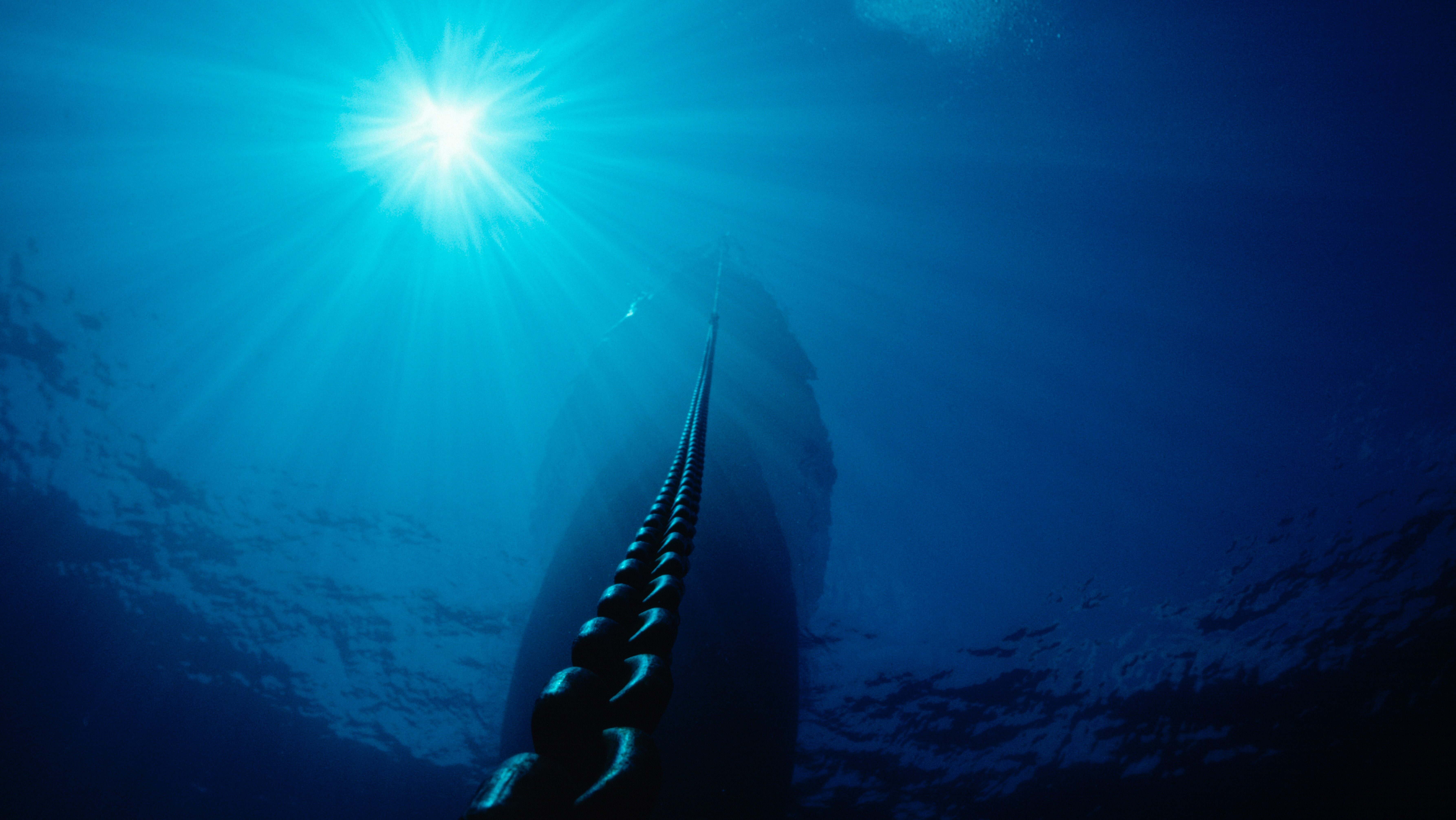
Norway becomes first country to approve commercial deep-sea mining

Norway has become the first country in the world to approve commercial-scale deep-sea mining.
A bill passed by the Norwegian government on Tuesday (9 January 2024) will speed up the hunt for precious metals that are used in clean technologies, including lithium, scandium and cobalt.
The government insists that it plans to be cautious and will issue licences only after conducting environmental studies.
However, environmental scientists have warned that the practice could severely affect marine ecosystems.
The bill in question only concerns Norwegian waters, but an agreement on deep-sea mining in international waters could also be reached in the coming months.
Nodules and crusts in the deep sea hold these precious minerals, which are critical for green technologies, including batteries.
The deep sea hosts potato-sized rocks called nodules and crusts that contain minerals such as lithium, scandium and cobalt, which are critical for many green technologies, including batteries.
While these minerals do also appear on land, the number of countries that hold these resources is small — limiting supply — and many of them face conflict.
The new proposal opens up an area of 280,000sq km for companies to apply to mine for these resources in the deep sea. Companies will have to submit proposals, including environmental assessments, to gain a licence to operate. These will be approved on a case-by-case basis by the Norwegian government.
EU and UK ban on deep sea mining
The move comes in opposition to the EU and the UK, which have both called for a temporary ban on the practice in light of concerns about environmental damage.
In March 2023, wildlife conservation charity Fauna & Flora released a report highlighting growing evidence of the risks associated with deep-seabed mining, concluding that its negative impacts are likely to be ‘extensive and irreversible’.
Speaking to the BBC, Martin Webeler, oceans campaigner and researcher at the Environmental Justice Foundation, said the bill is “catastrophic” for the ocean habitat.
“The Norwegian government always highlighted that they want to implement the highest environmental standards,” he says. “That is hypocritical whilst you are throwing away all the scientific advice.”
He adds that mining companies should focus on preventing environmental damage in current operations, rather than opening up a new industry.
Meanwhile, companies that stand to benefit from the proposal argue that the plan would attract additional private sector investment for research of deep marine environments.
Walter Sognnes, co-founder of Norwegian mining company Loke Minerals, plans to apply for a licence.
“Develop[ing] knowledge on the deep ocean is very costly, you need to operate robots and these are very expensive and unfortunately the universities have limited access to these kind of tools,” he tells the BBC. He estimates that any actual extraction would not begin until the early 2030s.
The post Norway becomes first country to approve commercial deep-sea mining appeared first on Marine Industry News.
